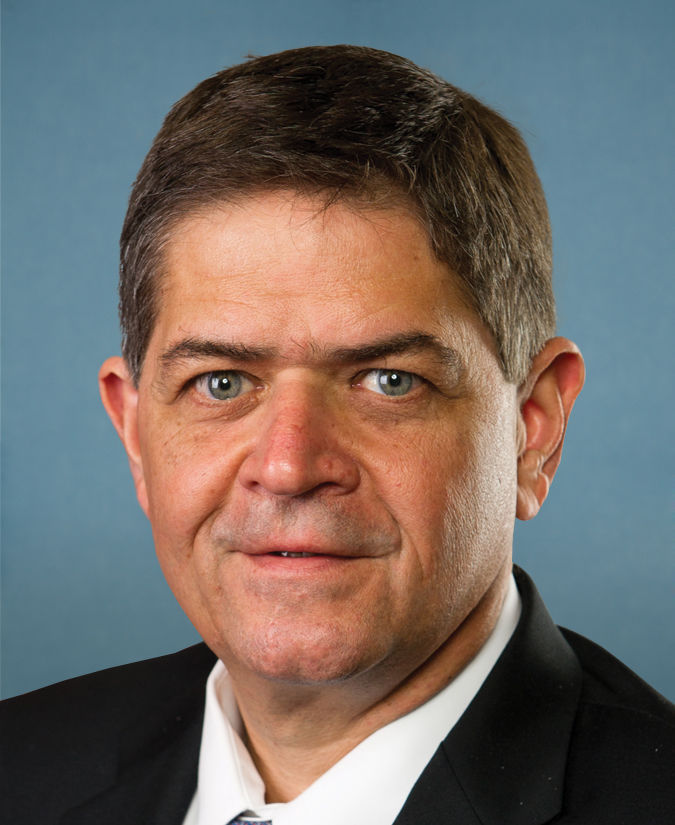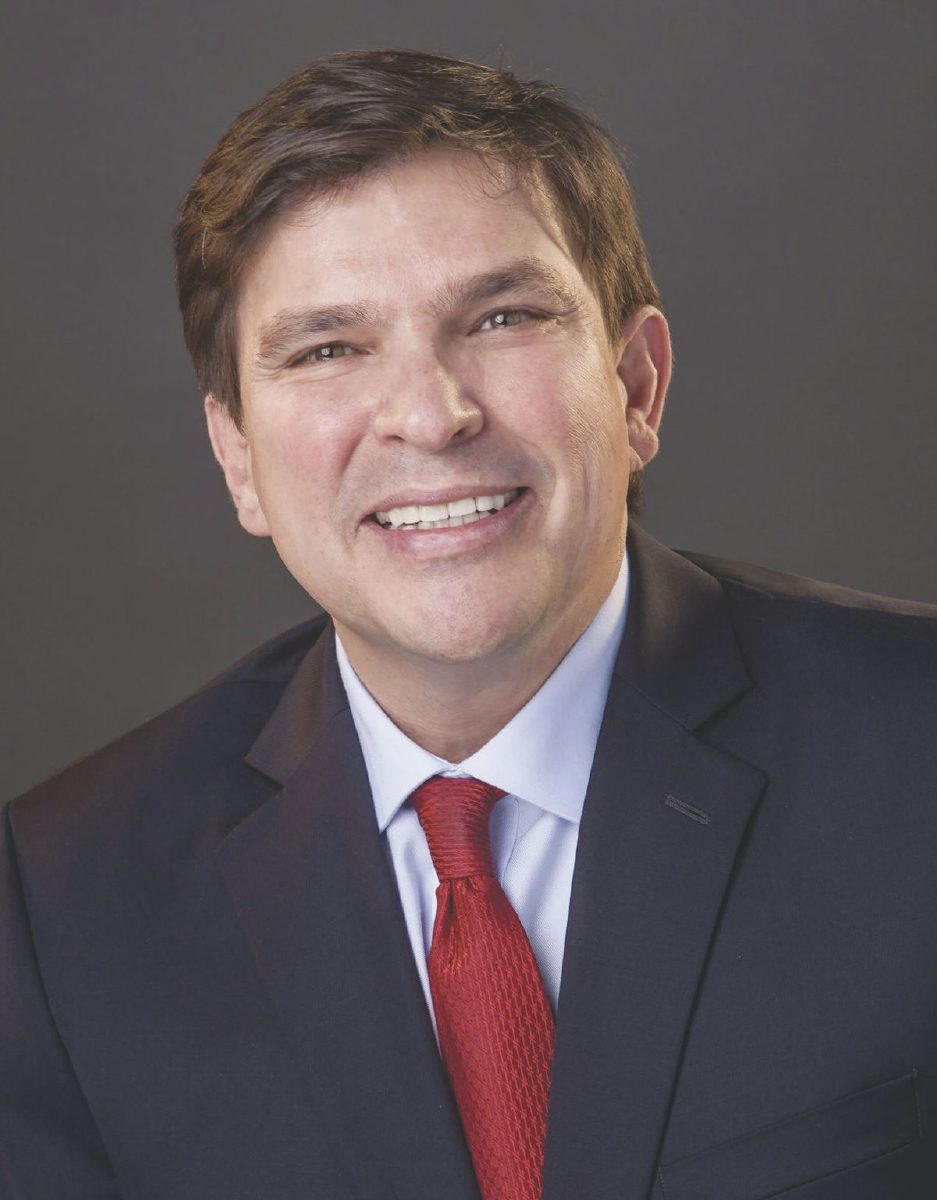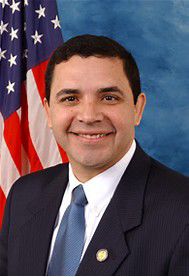Of the 33 U.S. House Democrats who voted to approve the most significant bipartisan overhaul of banking rules since 2010, four of those Democrats were from Texas — three from the Rio Grande Valley.
Reps. Henry Cuellar, D-Laredo, Vicente Gonzalez, D-McAllen, and Filemon Vela, D-Brownsville, said they heard from small, community banks and credit unions in South Texas in recent years that the Dodd-Frank legislation has harmed regional bankers. Dodd-Frank was passed in 2010 in response to the financial crisis of 2008, seeking to stabilize financial systems by improving accountability, transparency and oversight.
The three congressmen, and community bankers, said this week that Dodd-Frank tried legislating the 2008 financial crisis too broadly, penalizing both large and small banks the same way, resulting in community bank collateral damage.
But this week, Senate Bill 2155 cleared its final congressional hurdle when it passed the House by a vote of 258-159 on Tuesday. After it passed the Senate 67-31 in March, the bill now heads to President Donald Trump’s desk to be signed.
“It’s been a steady drumbeat of distress over regulations they’ve been having to deal with and their ability to help small businesses,” Vela said on Wednesday. “Even Barney Frank this morning said basically this is a good bill.”
Gonzalez concurred, writing in a statement the oft-used talking point from the bill’s supporters: “Dodd-Frank was intended to regulate Wall Street but instead choked Main Street.”
Vela and Gonzalez, however, were not yet members of Congress when Dodd-Frank was passed in 2010. Cuellar was.
“I voted ‘no’ to start off with in 2010,” he said. “The problems we had were with big banks. From the beginning, I had a problem with the way the bill was drafted, painting everyone with the same brush. When you have a problem, you go where the problem is.”
Banks with less than $10 billion in assets, which many in the Valley are, said Joe Quiroga, president of Texas National Bank in McAllen, will now fall under the Volcker Exemption, according to the Independent Bankers Association of Texas.
The Volcker Exemption was part of the 2010 Dodd-Frank bill. It banned banks from gambling their own money with depositors’ money. Paul Volcker, the former Federal Reserve chairman, tried to restore a type of legal divide between commercial banking, supplying credit to home buyers and businesses — and investment banking — issuing and trading securities.
Regulators have proposed easing limits on the amount the largest banks can borrow, which opponents argued was too soon to reduce capital requirements for the largest banks.
Now, banks with total trading assets and liabilities not exceeding 5 percent of total assets will be exempt from the Volcker Rule, according to IBAT.
The current Federal Reserve chairman, Jerome Powell, expressed optimism about this recently passed bill.
Quiroga said there was a laundry list of more things they would’ve liked to see the bill address. But he was still happy with the outcome, especially their ability to underwrite mortgages.
“The reality is, this is a win for the banks,” Quiroga said. “Community banks especially, and a win for the consumer.”






